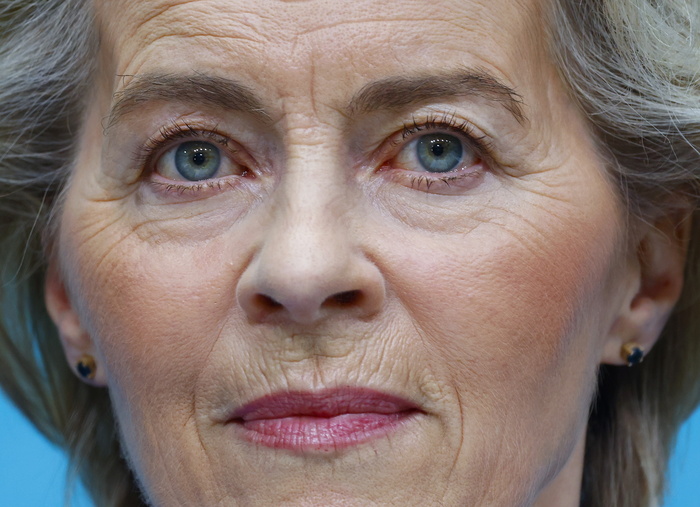Enlarge image
High Representative Schmidt: Not suitable for a job as a top diplomat
Photo:
Armin Durgut / Pixsell / IMAGO
Christian Schmidt was a member of the Bundestag for the CSU for three decades.
During this time, he did not attract attention with his diplomatic skills.
In 2017, as Minister of Agriculture, he voted for the EU to extend the approval of the plant poison glyphosate – contrary to the instructions of the federal government.
After leaving the Bundestag in 2021, it is said that Schmidt actually wanted to become head of the party-affiliated Hanns Seidel Foundation.
That didn `t work.
Instead, the German government made him the "High Representative" of the international community in Bosnia and Herzegovina.
An undemocratic anachronism
The Office of the High Representative (OHR) was created after the end of the Bosnian War in 1995.
It is subordinate to a council of 50 states and organizations and should monitor compliance with the Dayton Peace Agreement, which the conflicting parties had once agreed on.
In the post-war years, the OHR helped establish state institutions in Bosnia under its first boss, former Swedish Prime Minister Carl Bildt.
It's now an anachronism.
The High Representative is not elected by the citizens of Bosnia and Herzegovina.
It is used by the international community.
And yet he is formally equipped with enormous power, can initiate laws and intervene in state affairs.
The »Neue Zürcher Zeitung« compared the »High Rep« with consuls of imperial powers from the 19th century.
CSU man Schmidt is apparently willing to exhaust his powers.
In July he announced that he wanted to change the Bosnian electoral law.
Among other things, a three percent hurdle is to be introduced, which would probably strengthen nationalist Croatian forces in particular.
The move caused outrage among many citizens in Bosnia and Herzegovina.
They perceive him as a dangerous interference in the affairs of the country.
»Trash, big trash!«
Schmid declined an invitation from members of parliament to discuss his proposals in parliament.
When he was confronted with criticism of the bill at a press conference this week, he freaked out.
A video of the event shows him yelling »rubbish, full rubbish!« »Trash, big rubbish!«.
This country is close to his heart, he raged in broken English while the local politicians just played their games.
"Ask your questions, but take it how I am deciding," he snapped at the journalists, which was difficult to understand.
He's had enough, he thundered.
The choleric appearance once again raises the question of whether Schmidt is the right man for the job as a top diplomat.
However, the problem goes further.
In truth, the office of High Representative should be abolished.
It's undemocratic, neocolonial.
It is an impertinence for the people of Bosnia and Herzegovina.
Both Chancellor Olaf Scholz and Foreign Minister Annalena Baerbock visited the Western Balkans this year.
Both affirmed the importance of the region for the stability of Europe.
The truth, however, is that neither Berlin nor Brussels are seriously interested in the successor states of Yugoslavia and Albania.
EU accession talks with the Balkan countries have been stagnating for years.
It does not matter whether negotiations, as in the case of Serbia, have been officially opened or not.
Many EU countries are simply not willing to accept another member.
Politicians in Belgrade, Sarajevo and Skopje suspect this, which is why some, such as Serbian President Aleksandar Vučić, are more or less openly flirting with Moscow.
Russia and China are expanding politically and economically in the Balkans.
The EU is responsible for a geopolitical vacuum on its southern flank.
This is another reason why the political conflicts between the former civil war parties have recently increased again: between Kosovo and Serbia, but also within Bosnia and Herzegovina.
It would therefore be all the more important for the EU to make offers to the Balkan states.
It does not have to be full membership, it could also be access to the European internal market, as the think tank European Stability Initiative has just outlined in a paper.
Bosnia and Herzegovina and the other countries in the Balkans need a perspective.
What they don't need are aggressive lectures from former members of the Bundestag.








